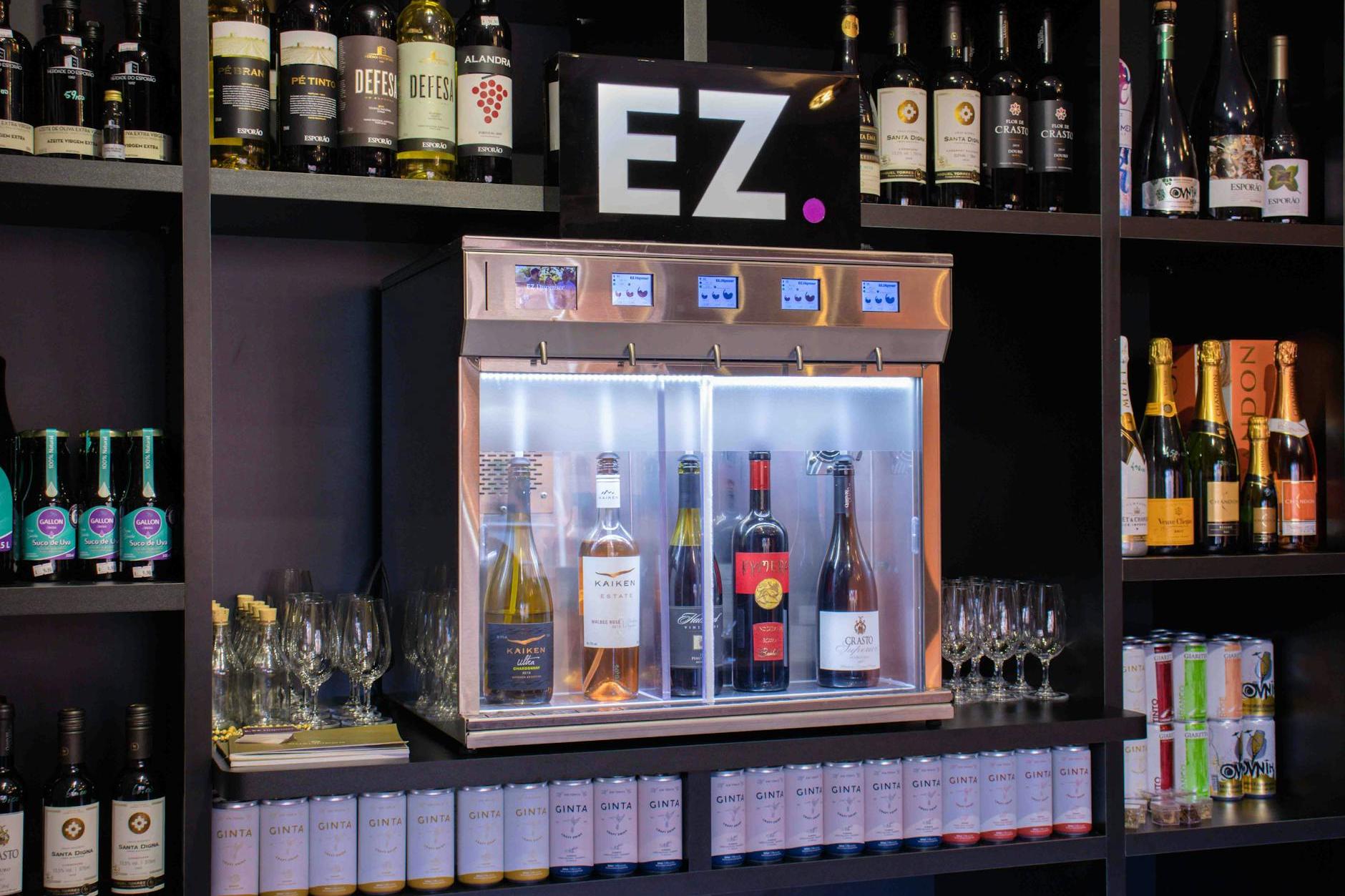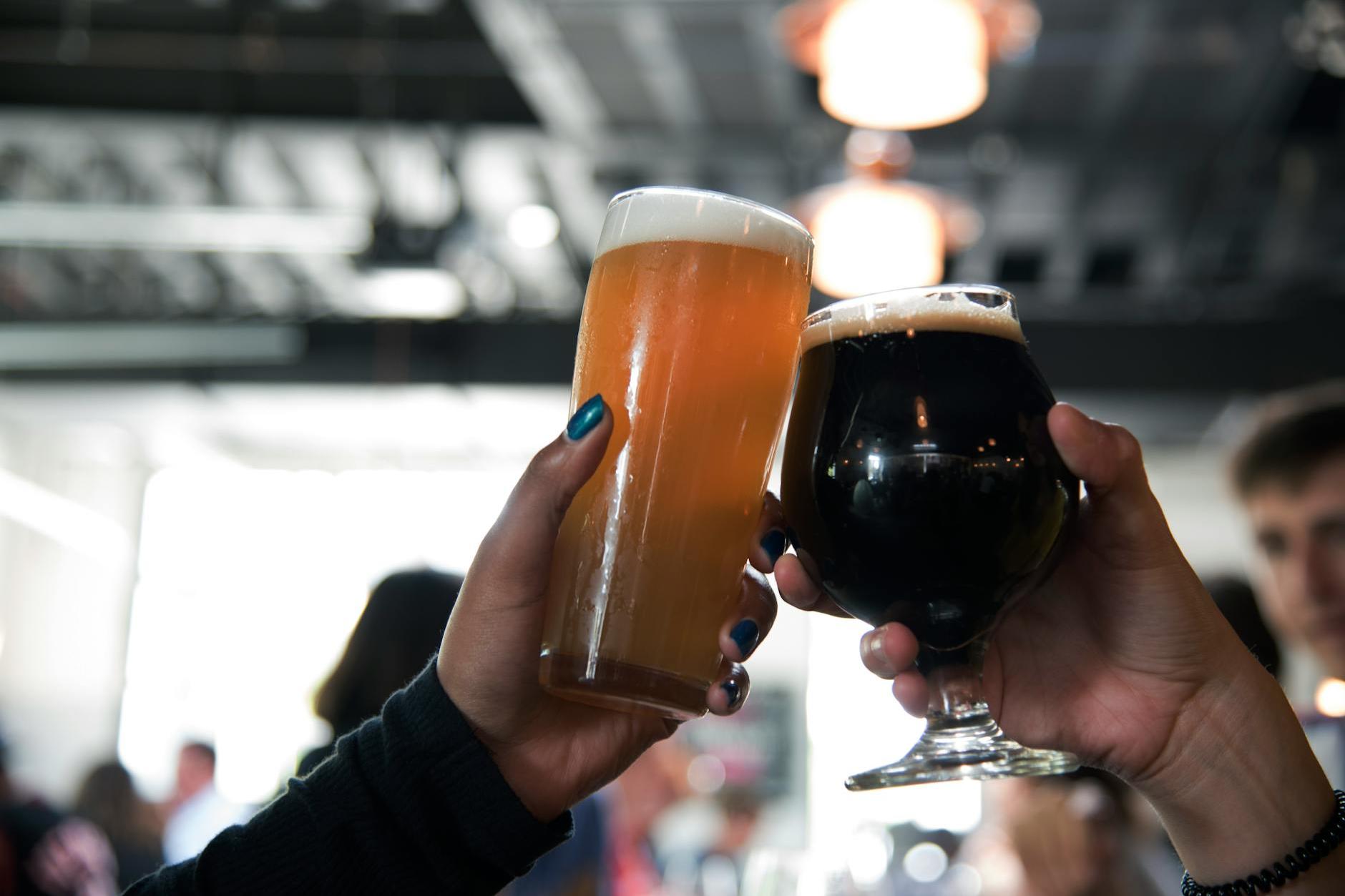- Shanghai Zhongshen International Trade Co., Ltd. - Two decades of trade agency expertise.
- Service Hotline: 139 1787 2118

When German Beer Meets the Chinese Customs
Recently, a client from Shandong came to me with a complaint about a beer order worth 800,000 euros:"Why was the original imported beer we purchased required to be returned upon arrival at the port?"Upon reviewing the documents, it was discovered that the brewery he selected had replaced the German origin label with a generic EU label. This seemingly minor discrepancy directly led to a misclassification of the goods, triggering compliance risks.
The three critical points of the import process.
- Qualification verification stage
- Verification of BRC/IFS Food Certification Validity for Manufacturers
- It is recommended to verify through the following methods:Confirmation of Consistency Between the Label and the Actual Product.
- Alcohol Content and Malt Degree Testing Standards Comparison
- Key stages of customs declaration
- The classification of goods must be precise to the 8-digit HS code.
- The fumigation certificate for wooden pallets must not be missing.
- The Chinese back label must be pre-registered.
- Logistics temperature management
- The temperature fluctuation throughout the cold chain is controlled within ±1.5℃.
- WinterMaritime TransportationPackaging to prevent freezing cracks.
- Bonded Warehouse Constant Temperature Storage Certificate
Hidden Costs in Tax Composition
Taking the latest tariff policy of 2025 as an example, the comprehensive tax rate for 500ml German beer can reach 47.6%:
| Project | Ordinary tax rate | Most - Favored - Nation (MFN) Tariff Rate |
|---|---|---|
| Import tariffs | 35% | 10% |
| Value - added Tax | 13% | |
| Consumption Tax | From quantity: 0.5 yuan/liter | |
Note:Application for Special Tariff Rates under the China-Germany Free Trade AgreementThe product must simultaneously meet both the origin criteria and the production process requirements. A certain brand lost its preferential qualification due to packaging in the Netherlands.
Three crises triggered by cultural differences
- The Munich brewery insists on using traditional units of measurement (hl), resulting in errors in customs declaration quantity conversion.
- The organic certification of Bavarian craft beer was not recognized by Chinese customs.
- The limited-edition holiday packaging contains religious elements, triggering sensitive product review.
Practical Case: From Crisis to Opportunity
In 2024, we handled a typical case: A batch of dark beer was denied insurance compensation due to "intact appearance of the goods" after the yeast became inactive from excessively high transportation temperatures. By leveraging a microbial test report from Germany's TüV laboratory and applying the Hague-Visby Rules, we successfully completed the claim, ultimately recovering 85% of the losses.
Three Pieces of Advice from a Seasoned Driver
- When selecting an agent, verify whether they have completed the food import registration.
- Prepare special qualifications such as halal certification 6 months in advance.
- It is recommended to conduct a small trial order to test the logistics chain.
I remember a client who initiated the import process just three months before the beer festival and ended up encountering a port strike. We managed to...China-Europe Railway ExpressThe emergency plan managed to slash the transportation time from 45 days down to 18. When that batch of Pilsner, still chilled with ice crystals, arrived punctually at the opening ceremony, the client remarked it was the most exhilarating "time management" beer they'd ever tasted.
Related Recommendations
? 2025. All Rights Reserved. Shanghai ICP No. 2023007705-2  PSB Record: Shanghai No.31011502009912
PSB Record: Shanghai No.31011502009912










